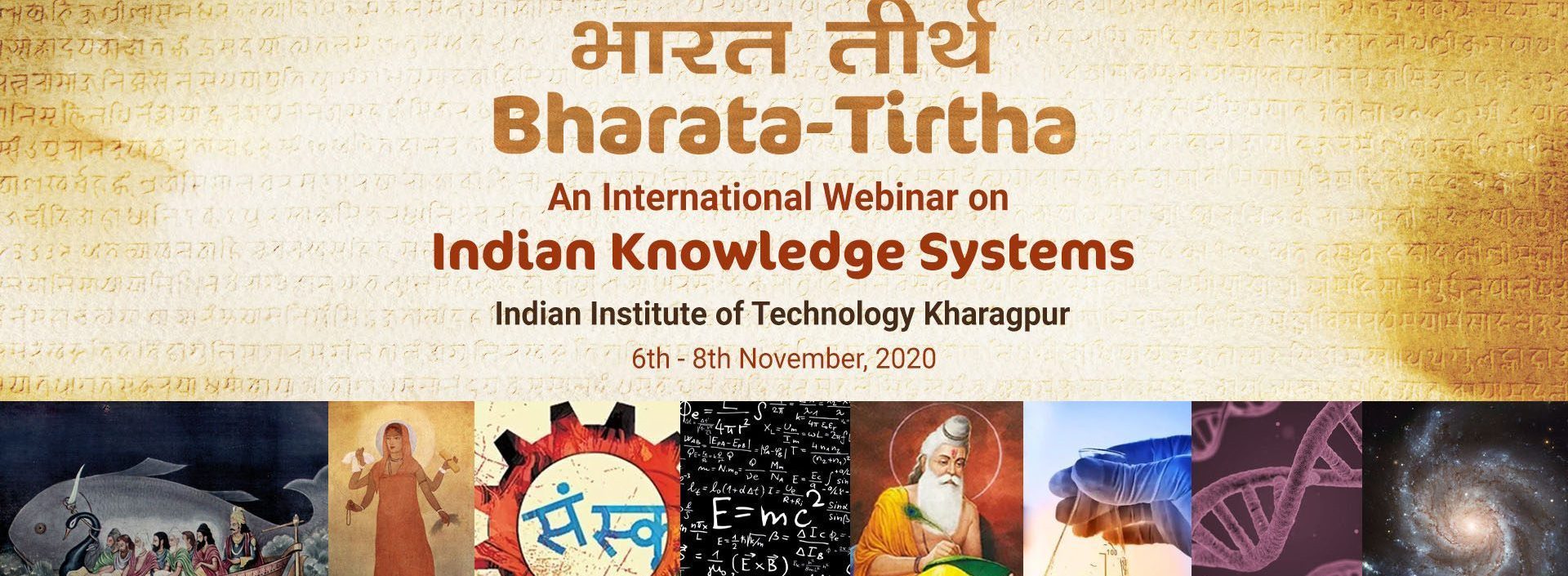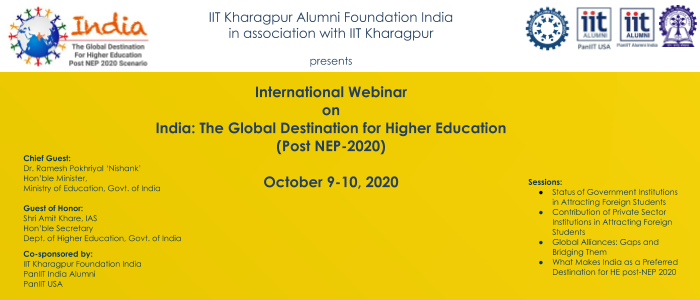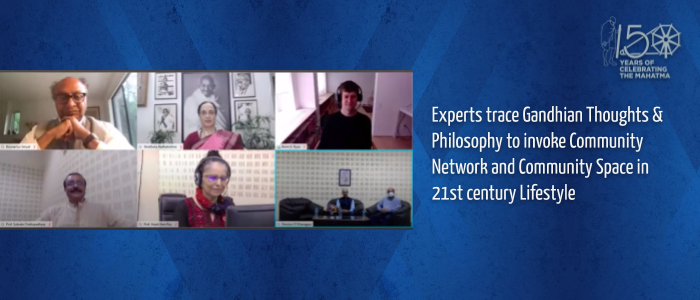
Bharata Tirtha – IKS Webinar
International Webinar by IIT Kharagpur on Indian Knowledge Systems to Explore Revival of Indian Scientific Heritage Studies in Technical Institutes IIT Kharagpur is organizing an international webinar on Indian Knowledge Systems from November 6-8, 2020. Titled Bharata Tirtha after Gurudev Rabindranath Tagore poem, the webinar aims to trace the philosophical and scientific heritage of India and make progress towards the future of Indology and its application to the contemporary human world in correlation with the physical, economic, environmental, and social sphere of human life. [Watch Live] [Download Program Schedule] The webinar shall be commensurate with India’s current National Education Policy…



